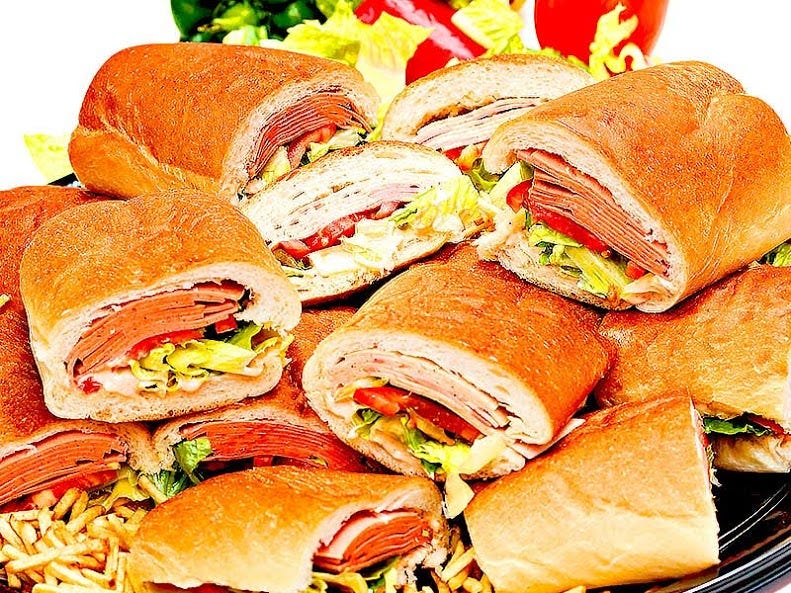
Hey there! Before you ask your voice assistant to search Halal Food Near you, here’s an informative blog which will help you learn about the Halal food standards in Canada.
Halal refers to food products that are ready to follow along with regulations and dietary laws that determine what’s lawful, permissible and clean. The term halal means “permissible.” Haram food products are the opposite of halal, they are “forbidden.” Consumers need to be aware of the Halal status of specific food products to ensure that their requirements are met by the foods.
Halal food standards at the University of Toronto’s St. George campus were created by the Department of Food Services at 2009 in collaboration with all the Anti-Racism and Cultural Diversity Office. These criteria help increase awareness of their halal foods available to customers while ensuring that defined tagging practices are maintained across the St. George campus.
As of April 2016, the Government of Canada amended the Food and Drug Regulations Act to provide customers with more details about the production, packaging, and labeling of halal food products. Food Services will address this amendment and is currently working towards upgrading our Food Standards. Halal Restaurants In Vancouver, in fact across Canada follow these practices and standards.
Definitions
Halal foods are prepared only after following Islamic dietary laws and regulations that determine what is permissible, clean and lawful.
Based on Islamic guidelines, halal food is safe and not harmfully ready; it doesn’t comprise non-halal and najs (damaging ) ingredients, and it is processed and fabricated using equipment which is not contaminated with things which are najs.
Halal meat in the University of Toronto has been slaughtered according to the Islamic system using the Zabiha process which requires the name of Allah is pronounced at the time of slaughtering, that the creature is facing Mecca, which a quick movement of a sharp blade severs the arteries and veins of the neck to permit the drainage of blood and minimize suffering for the creature. The Zabiha process improves shelf-life the flavor and healthiness of meat.
Halal Food Standards
In accordance with Agriculture and Agri-Food Canada, the University versions the principles and regulations set out by the Islamic Food and Nutrition Council of America (IFANCA), a nonprofit technical Islamic organization that certifies and supervises the production of halal goods.
Foods tagged as halal include only ingredients which are completely tolerable for ingestion by the Islamic faith and haven’t come into contact non-halal food.
Halal food items comprise of the following:
- Zabiha meat (beef and lamb) and poultry
- Fish with scales
- Animal-derived products extracted from Zabiha animals
- Eggs and milk of all permissible animal species
- Vegetables, fruit, and grains except for the Ones That cause intoxication
- All vegetable ingredients except those that cause intoxication
- No alcohol in any form
Additionally, the University simply divides halal meals from ISNA or IFANCA certified suppliers. A complete collection of halal food products and certified suppliers are found in www.ifanca.org.
So! What are you waiting for! Ask Alexa what are the Halal Restaurants Near Me! It’s time you give yourself a delectable treat.
Comments
Post a Comment